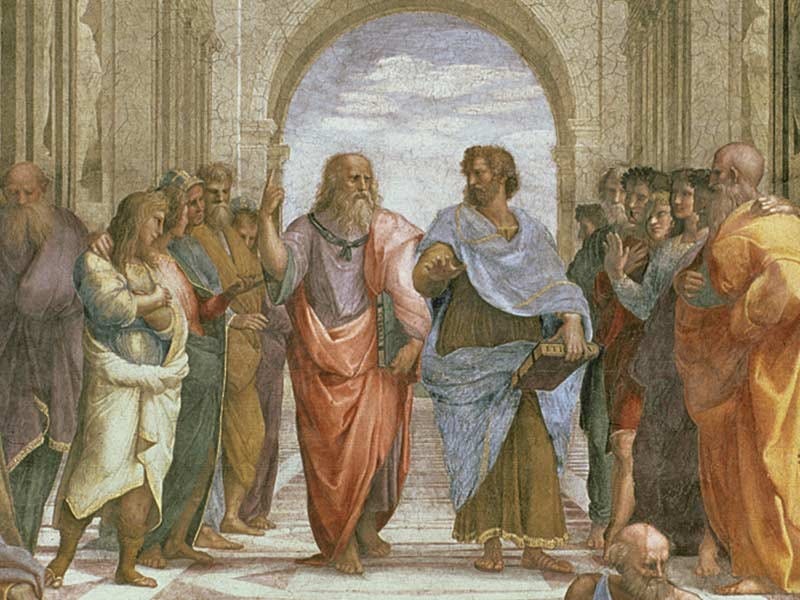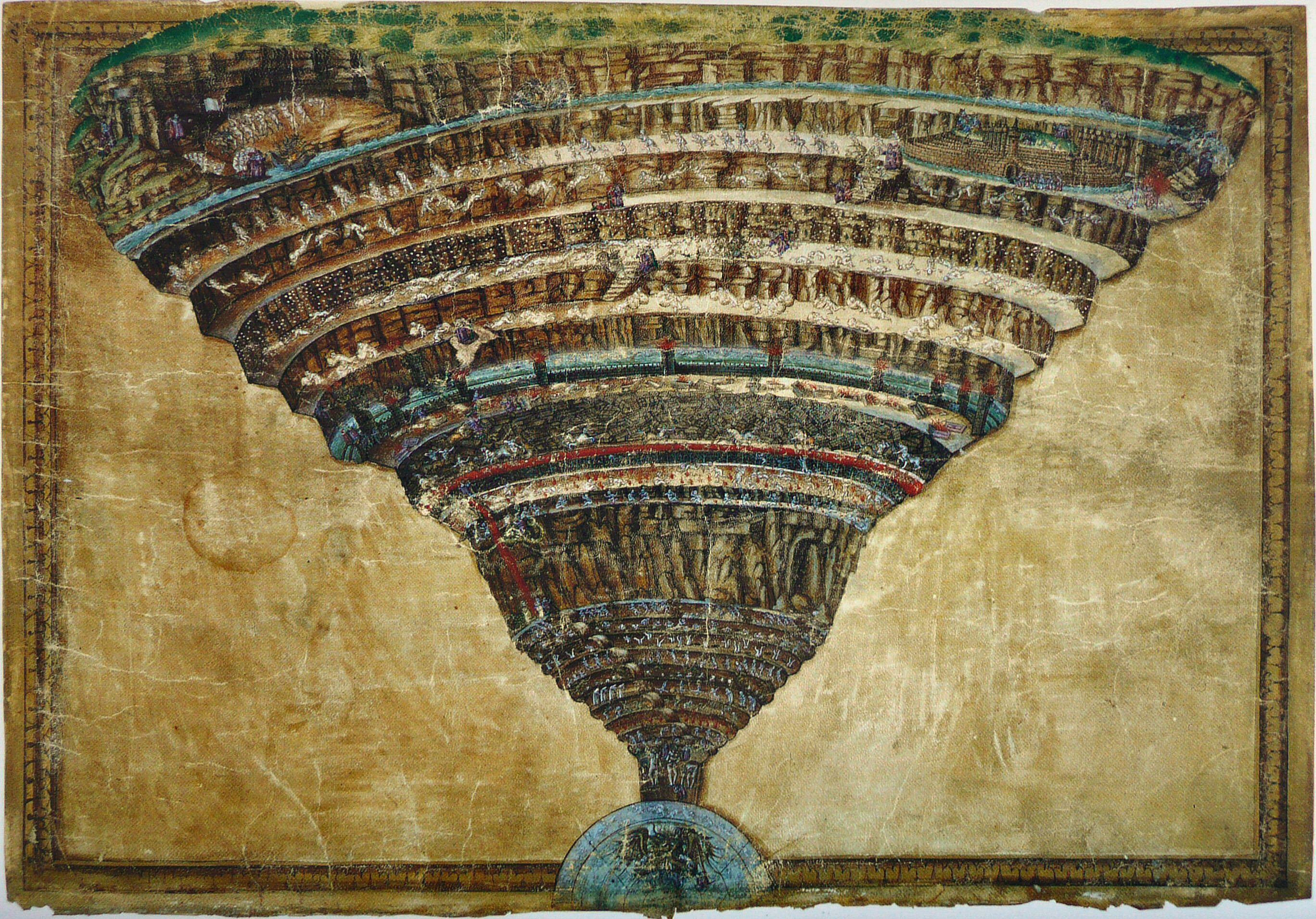The public domain is a rich resource of timeless works that continue to shape culture, philosophy, and literature. From ancient texts to classic novels, these stories hold profound insights into human nature, morality, and power. Here, we explore five of the most powerful public domain stories that have influenced countless generations.
Plato’s Republic
Plato’s Republic (c. 375 BC) is one of the most important philosophical works in Western thought. The dialogue explores justice, the ideal state, and the role of philosophers in society. One of its most famous passages is the "Allegory of the Cave," where Plato examines the nature of reality, perception, and enlightenment.
The Republic continues to inspire debates on governance, ethics, and human behavior. Its insights into leadership and morality remain timeless, making it a cornerstone of philosophical literature.
Sun Tzu’s The Art of War
Sun Tzu’s The Art of War (5th century BC) is a classic manual on military strategy, but its teachings go far beyond the battlefield. Its lessons on leadership, strategic thinking, and adaptability are used today in business, politics, and personal development.
The book emphasizes the importance of understanding both yourself and your enemy, and using intelligence and preparation to outmaneuver challenges. The Art of War remains a guide for those seeking wisdom in navigating competition and conflict.
Aristotle’s Nicomachean Ethics
Aristotle’s Nicomachean Ethics (4th century BC) is a deep exploration of what it means to live a good life. In this work, Aristotle argues that the goal of human life is to achieve happiness or eudaimonia, which is accomplished through living virtuously.
The text delves into the development of moral virtues and the balance between excess and deficiency. Aristotle’s emphasis on the “Golden Mean” and the pursuit of personal growth continues to influence ethical thinking and self-improvement philosophies today.
Dante’s Divine Comedy
Dante Alighieri’s Divine Comedy (1320) is a journey through Hell, Purgatory, and Paradise, exploring human sin, redemption, and the soul’s quest for God. The Divine Comedy is not just a religious allegory, but also a meditation on justice, morality, and the human condition.
Its vivid imagery and philosophical depth have made it one of the most influential works in Western literature, inspiring countless adaptations in art, literature, and even film.
Machiavelli’s The Prince
Niccolò Machiavelli’s The Prince (1532) is a political treatise that has sparked debates on ethics and leadership for centuries. It offers practical advice to rulers on how to gain and maintain power, often advocating for pragmatic, even ruthless, methods.
Machiavelli’s realistic and sometimes cynical view of power dynamics has made The Prince one of the most discussed and controversial political works of all time. It remains relevant in political strategy and leadership discussions today, both in and outside of the political realm.
Find Out More
These powerful public domain stories offer timeless insights into human nature, leadership, and morality. From ancient philosophical texts to classic political treatises, they continue to inspire modern readers and thinkers. Explore the wisdom of these legendary works and how they influence today's world, and check out our range of
public domain-inspired apparel, including designs from
The Art of War to
The Divine Comedy.








